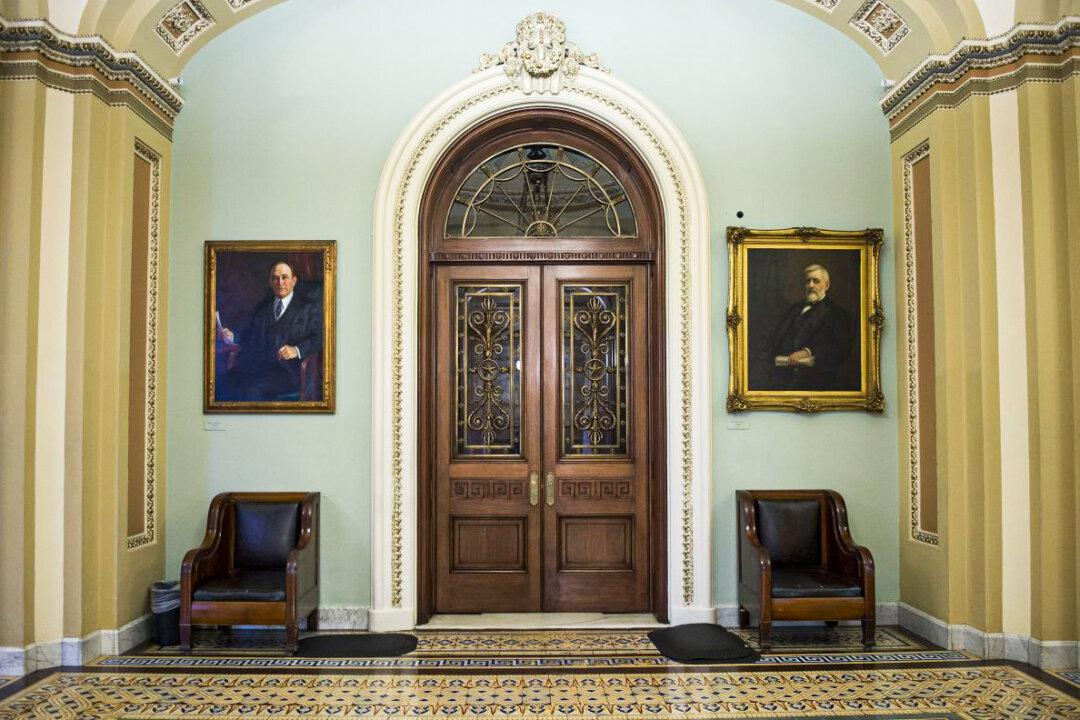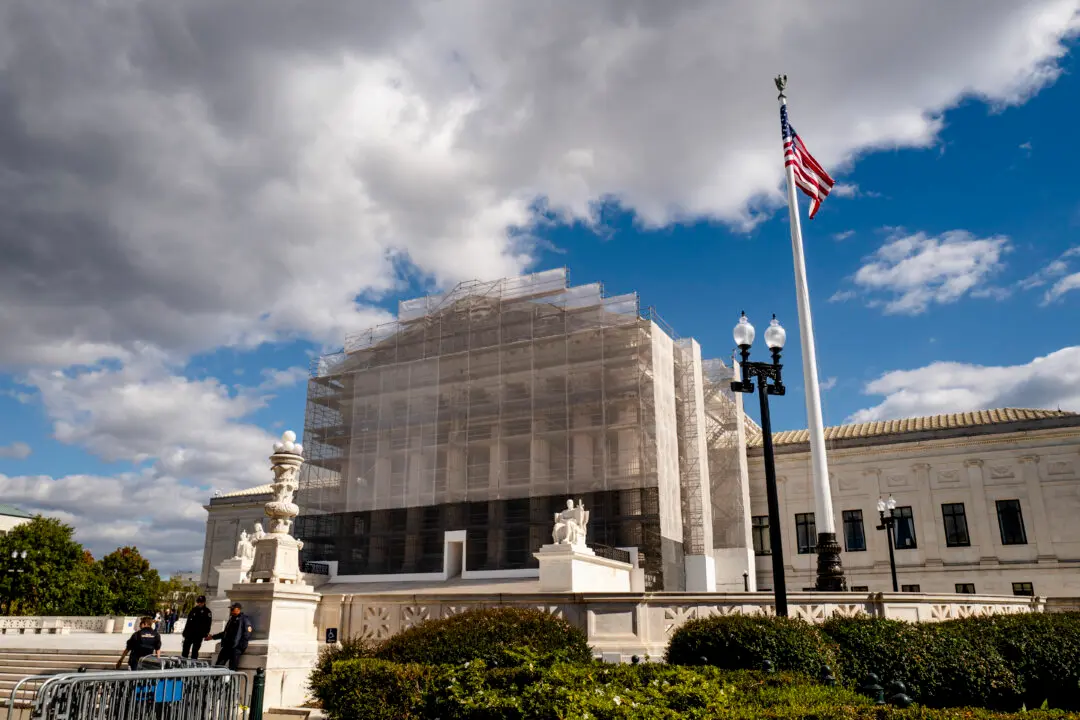Commentary
The 17th Amendment transferred elections for the U.S. Senate from the state legislatures to the general electorate. It thus changed legislative election to direct election. The amendment resulted from a decades-long public campaign to persuade Congress to formally propose it. Congress did so only after 29 or 30 state legislatures applied for an amendments convention to bypass Congress.





